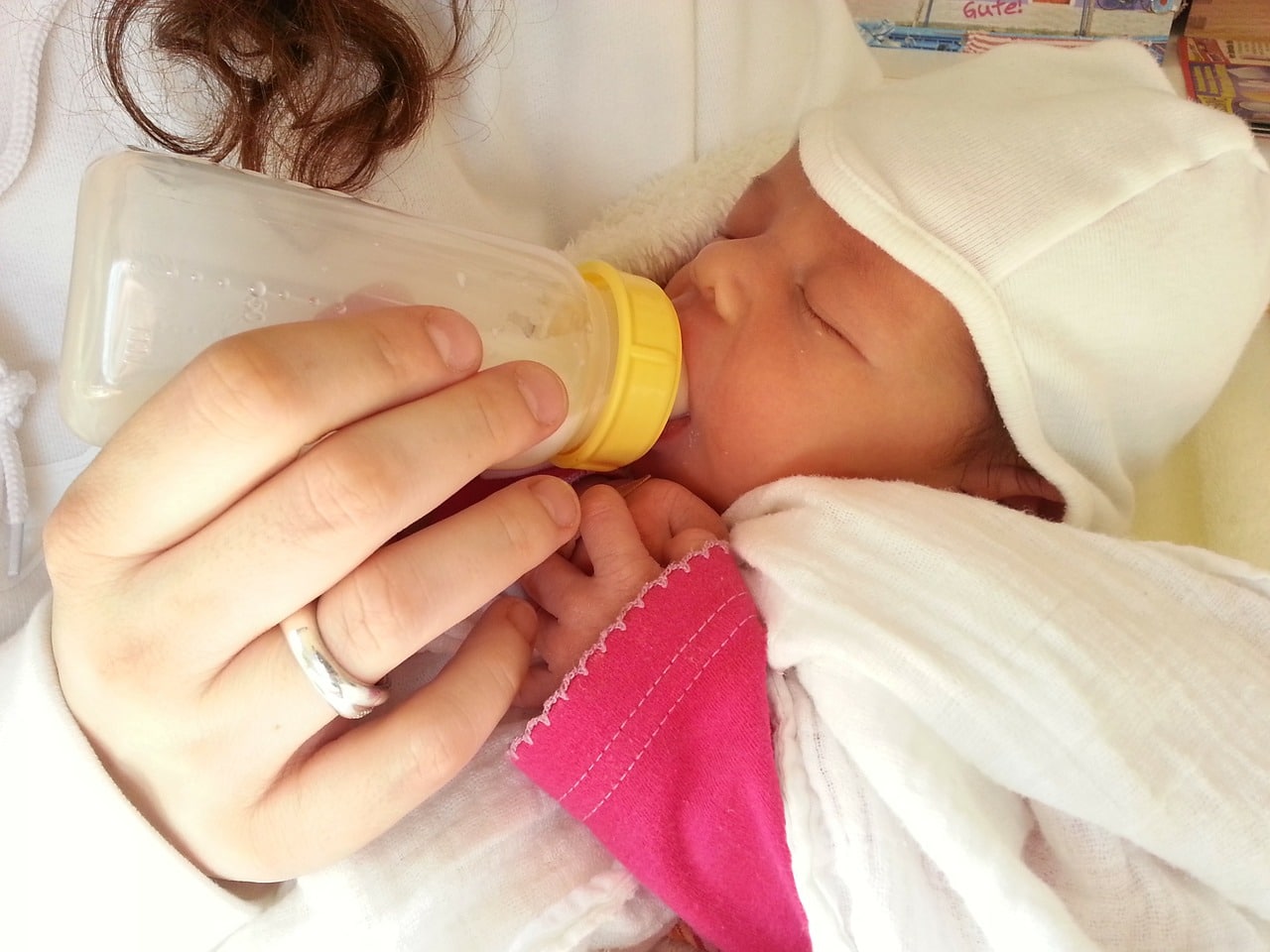As the coronavirus pandemic continues to accelerate, the infecting is spreading in all countries of the world as well as affecting people from all ages groups. While it is known that there are certain people who are more vulnerable to coronavirus’s complications, the effects of the infection on children are unclear.
In accordance with previous research, the coronavirus infection tends to be milder in children, and are they unlikely to develop severe symptoms such as difficulty in breathing and pressure in the chest.
However, several cases of children with severe coronavirus infection have also been diagnosed though they are much fewer in comparison with the middle-aged and older adults.
Much of the research on differences of coronavirus in age groups are confined to adults and children. There is a lack of investigation on how can the virus potentially affect newborn babies or infants, though there have been cases of babies contracting the infection right after birth.
Newborns and infants are likely to contract the virus either from hospital settings or from the mother if she has tested positive for the infection. In such a case, a commonly raised question is whether the baby should be separated from the infected mother and mothers with coronavirus can breastfeed.
RELATED: Reduced Testosterone Levels Reported in Men with Coronavirus
According to experts at the World Health Organization, newborn babies should not be separated from their mothers. In fact, the mothers should also continue to breastfeed the baby regardless of testing positive for coronavirus.
In an online press conference, Tedros Adhanom Ghebreyesus, who is the chief of the WHO, stated that researchers from the health agency have concluded that breastfeeding is mandatory even if the mother tests positive for coronavirus infection since its benefits are more than any potential risks.
Research has already established that children, in comparison with adults, are less likely to contract the virus or even develop severe symptoms after testing positive.
At the same time, it is also known that breastfeeding protects from several infections and diseases and is needed in the development of immunity and important antibodies in the baby.
Without breastfeeding, the baby is at a higher risk of having diseases such as diabetes, cancer, and obesity as well as developing allergies and other health conditions in the future.
According to the WHO’s senior advisor for reproductive health and research, Anshu Banerjee, there is yet no evidence to show that the coronavirus is present in breast milk and can transfer from the mother to the baby via breastfeeding.
Tedros emphasized the importance of breastfeeding in the conference, saying “Mothers with suspected or confirmed COVID-19 should be encouraged to initiate and continue breastfeeding and not be separated from their infants unless the mother is too unwell,”
In addition, since newborns need to be breastfed time and again, they should not be separated from the mothers with coronavirus and kept away. It is impossible to only keep the baby together with the mother when there is a need for breastfeeding.
Therefore, health care providers should consider keeping the baby with their mothers even while the mothers receive treatment for coronavirus infection unless the mother reaches a critical stage and can no longer take care or breastfeed the baby.


